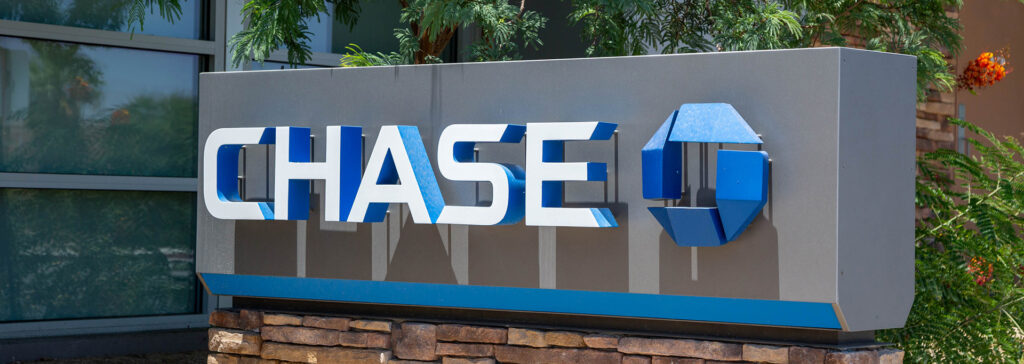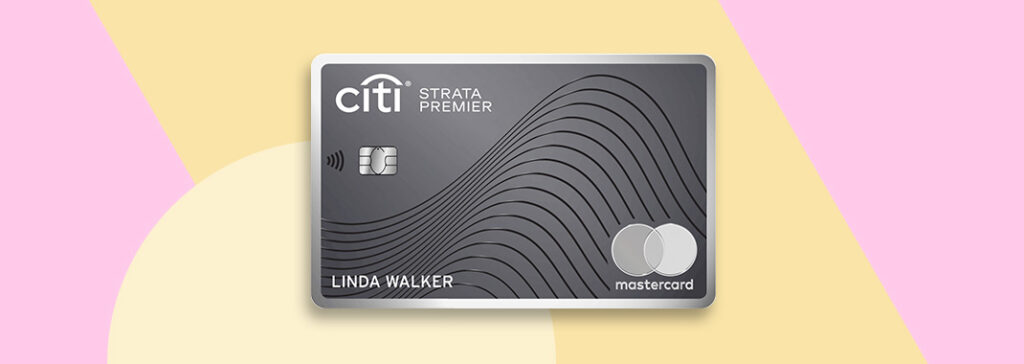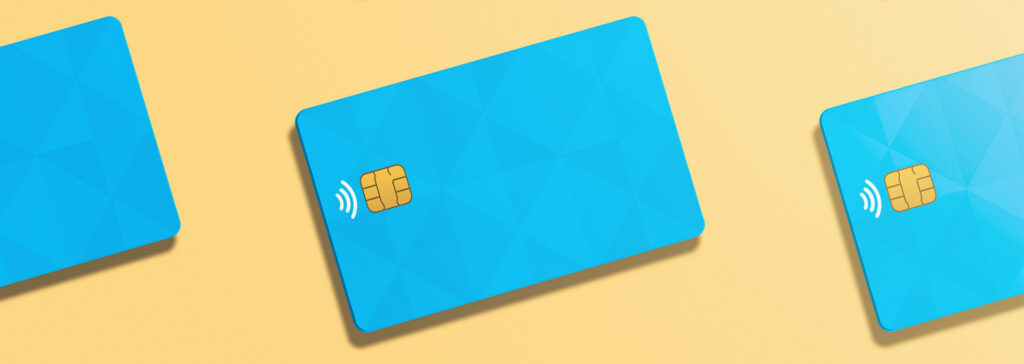Most products on this page are from partners who may compensate us. This may influence which products we write about and where and how they appear on the page. However, opinions expressed here are the author's alone, not those of any bank, credit card issuer, airline or hotel chain. Non-Monetized. The information related to Chase credit cards was collected by Slickdeals and has not been reviewed or provided by the issuer of these products. Product details may vary. Please see issuer website for current information. Slickdeals does not receive commission for these products/cards.
Opening a business checking account is an esse
Yet, even if you recognize the need to open a dedicated bank account for your business, you still have anothe
Just as you should compa
To help you get started, here are six things you should evaluate when choosing a business checking account.
1. Online Banks vs. Traditional Banks
One of the first details to consider when shopping for a business checking account is whether you want to wor
Explore the Best Business Checking Accounts
Visit the Marketplace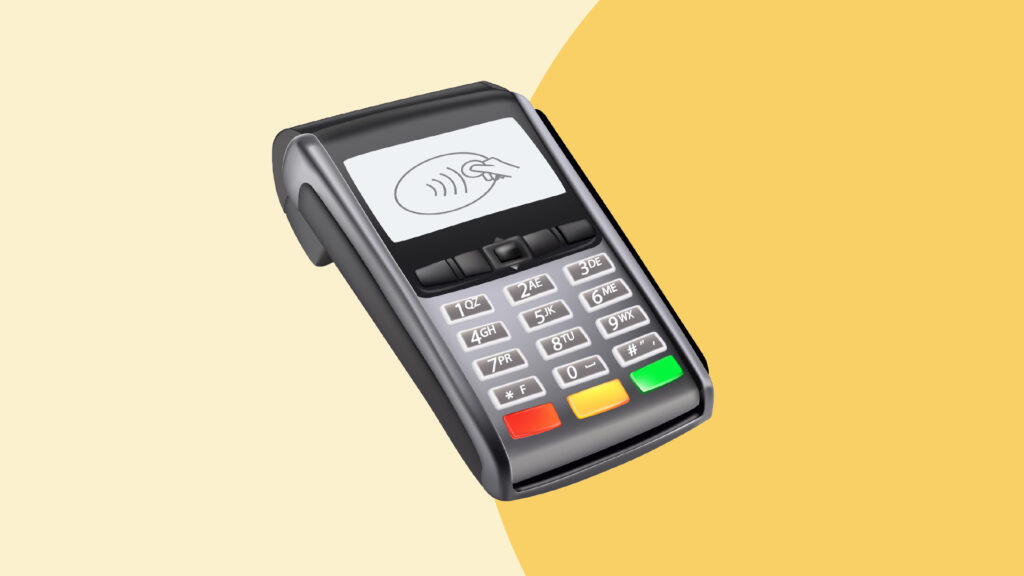
2. Interest Rates
Once you decide the type of bank that makes the most sense for your company, you may be ready to start comparing small business checking accounts. One of the first details you’ll want to consider wh
When you find a bank that offers your company a higher APY, it means the ca
3. Fees
Not only should you pay attention to the interest rates banks pay out when you’re shopping for a new small business checking account, it’s also wis
- Mini
mum Balance Fees - Dir
ect Deposit F ees - A
TM Fe es - Ov
erdraft Fe es - Wir
e Transfer F ees - Ch
eck Fe es - De
bit Card Fe es - Ca
sh De posit Fees - Tra
nsaction Limit F ees
The most attractive small business bank accounts are those that limit the fees charged to customers. Online banks tend
It’s also worth noting that payin
4. Account Features
The account features that different banks offer can also ma
Below are some common bank account features that have the potential to make operating your business a little easier.
- D
ebit Card Ac cess - Che
ck Wr iting - Wir
e Transfer Ser vices - Bi
ll Pay Capa bility - On
line and Mobile B anking - Busine
ss Financing Services (e.g., Business Loans, Business Line of Credit, Business Credit Cards, etc.) - Merc
hant Account Se rvices
Best Business Credit Cards
Visit the Marketplace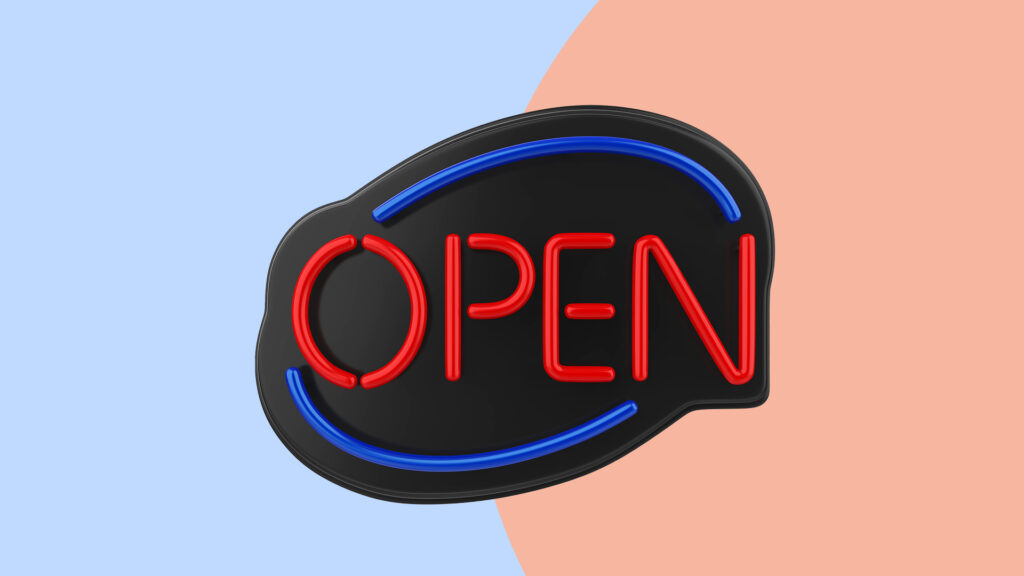
5. Bank Account Bonuses and Promotions
Some finan
To earn a bank account bonus, you typically must ope
If you’re interested in earning a business bank account bonus, be sure to re
6. Software Integration
Once you set up small business banking, you may
So
 Related Article
Related Article
8 Steps to Help You Start a Small Business
Next Steps
Once you’re confident you’ve found the right small business checking account to serve your company’s needs, you’re ready to apply for your new account. You’ll want to gather your basi
The good news is that even if you’re a first-time entrepreneur, opening a business bank account sho








